As part of our ongoing commitment to help our patients live their best life we are sharing the full USA Today series on “Rethinking Obesity”. The following is #4 in the series.
ILLUSTRATION BY TRACIE KEETON/USA TODAY; AND GETTY IMAGES
Karen Weintraub USA TODAY
Published 5:02 AM EDT Jul. 26, 2022 Updated
Editor’s note: Part 4 of a six-part USA TODAY series examining America’s obesity epidemic.
Nathaniel Louis Brown always loved his food, especially spaghetti and potatoes. On a typical night, he would eat three dinner-plates full. On holidays, Brown, 64, served himself on a platter.
He knew he should cut back, but he didn’t have anyone who cared enough to tell him to eat less. Plus, food helped him curb life’s stresses and his constant worry.
Then came the heart attack.
Brown’s life is far from perfect, but he wasn’t ready for it to end.
“I want to try to live up to 100, 120. I know that ain’t going to happen, but that sounds good to me,” said Brown, a former long-haul truck driver, factory worker and prison guard now living in Indianapolis.
The social, racial and economic inequities that people like Brown face help explain why the nation’s obesity epidemic remains so challenging.
It’s nearly impossible to change a lifetime of eating and exercise habits and stick with them, studies show. Many people like Brown live in areas where it’s tough to access healthy foods or exercise safely and affordably. The economics of eating in America make high-calorie foods an easy go-to.
People with obesity “are victims of the system they don’t control,” said Daniel Clark, a medical sociologist at Indiana University and the Regenstrief Institute, a research organization in Indianapolis. Instead of blaming people for being overweight, “we should be shaming the system and the industry that has profited from all these added pounds and poor health.”
You have enormous forces in society that benefit from people being overweight. The diet industry benefits. The health care industry benefits. The drug industry benefits. The food industry benefits.
Nutrition researcher Marion Nestle likes to ask a simple question: Who would gain if people weighed less and ate more healthfully?
In the U.S., she can think of only a few. “You have enormous forces in society that benefit from people being overweight,” said Nestle, an emerita professor at New York University. “The diet industry benefits. The health care industry benefits. The drug industry benefits. The food industry benefits.”
The cost of food pushes people toward extra pounds, said Adam Drewnowski, an epidemiologist at the University of Washington.
Fresh strawberries, for instance, offer about 40 calories for $1, while Halloween candy provides about 2,000 calories for the same $1, he said.
“It’s not that people are making wrong choices about what to eat,” Drewnowski said. “They are not even choices.”
Poverty and pandemic
The poorest people aren’t the ones who struggle most with obesity, Drewnowski said. It’s those like Brown, who work their whole lives but still need the cheapest options.
“I call it a visible symptom of economic oppression,” he said.
Rethinking Obesity
Despite decades fighting America’s obesity epidemic, it’s only gotten worse. To try to understand why, USA TODAY spoke with more than 50 experts for this six-part series, which explores emerging science and evolving attitudes toward excess weight.
Obesity concentrates in neighborhoods that have few financial resources as well as limited social capital, he said. “The effect is to concentrate poor health in a given area.” Those same neighborhoods probably lack medical care resources, he said. “It’s a downward spiral.”
In King County, Washington, where he lives, Drewnowski said obesity can vary by 600% depending on a person’s address. “A mile or two down the road, things change,” he said. “It’s amazing.”
Race is sometimes connected to these social factors, but not always. A cohesive, largely Blackneighborhood might have the resources to demand safe streets, parks and grocery stores with healthy food.
Mexican American immigrants are healthier for the first decade or so after they arrive in the United States, regardless of their income, Drewnowski said. It’s only after their children persuade them to switch to an American diet that the pounds start to creep on and health problems accumulate, research has found.
The coronavirus pandemic and its financial consequences made the situation worse.
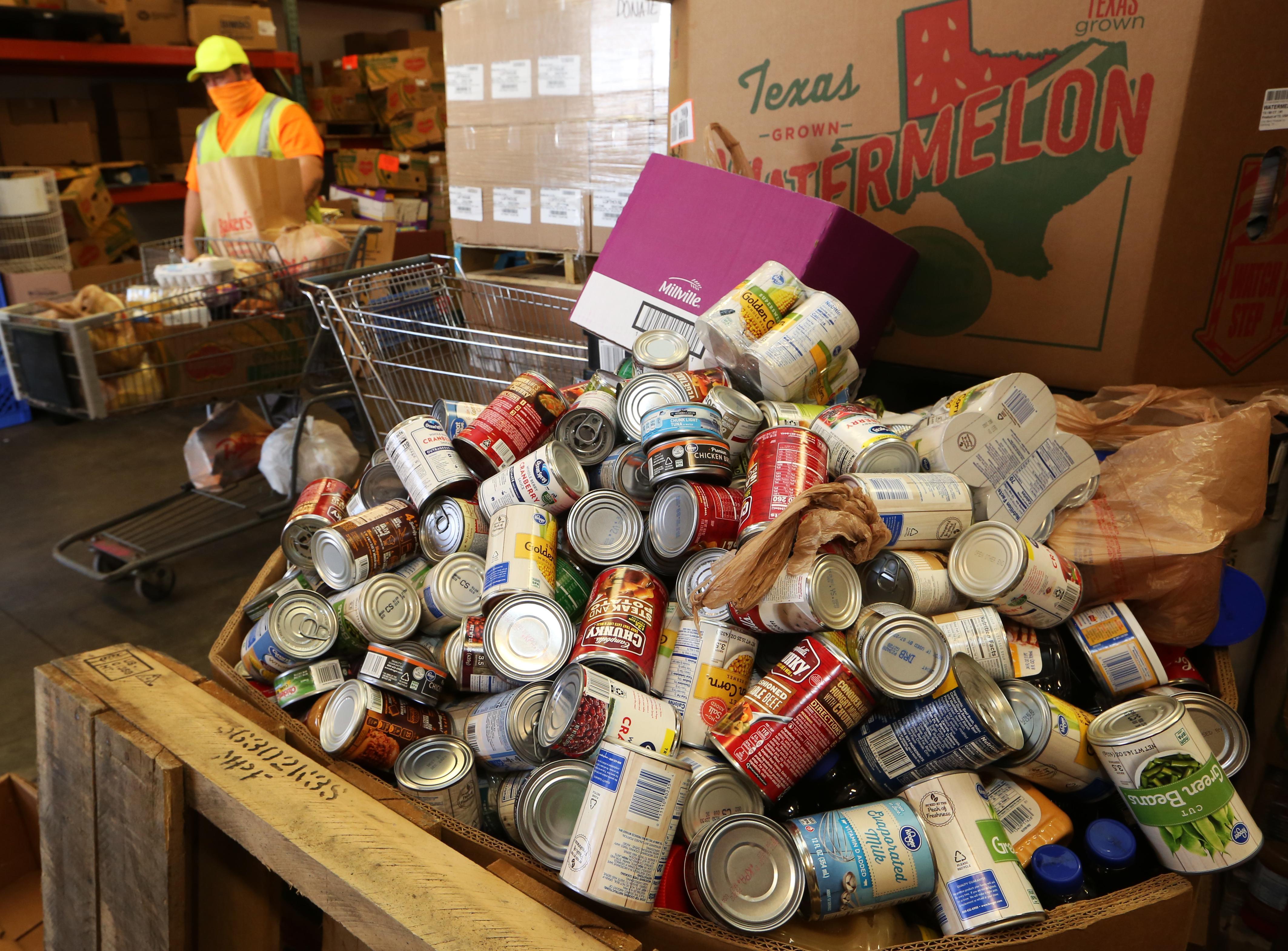
Food insecurity, which affects at least 10% of the population, appeared to increase over the last two years, said Dr. Wudeneh Mulugeta, an internal and preventive medicine specialist at Cambridge Health Alliance and Harvard Medical School. Demand at his Massachusetts organization’s food bank doubled or tripled at the start of the pandemic.
His research shows that people who were food-insecure and lived unhealthy lifestyles before the pandemic – maybe they smoked or their diets weren’t great – were also at higher risk for gaining more weight over the past two years than their neighbors.
“Not everyone gained weight,” he said. But those who did were the most vulnerable to begin with.
Working for health
After the heart attack and two stent placements, it took Brown a few months to muster the energy and motivation to get out of bed.
Eventually he joined Healthy Me, a lifestyle management program offered to patients at Eskenazi Health in Indianapolis.
Brown began taking classes on nutrition and exercise. For the first time in his life, someone took the time to help him learn how to be healthier.
“I never had anybody instruct me or try to help me with my food conditions,” he said. “I appreciate what they’re doing for me.”
He has dropped nearly 40 pounds in the past six months and his diabetes has come under better control, though he still has 70 more pounds to go to get below the 220 he weighed in high school.
“I think I’d feel better and get off all this medication I’m on,” he said, adding that he still takes 16 pills a day. “I always wanted to be slim. I’m embarrassed about the fat on my belly, the fat on my arms, on my chest.”
So now he reads nutrition labels and attends low-impact exercise classes three days a week. He has cut way back on salt and learned to control his portions – eating “on a saucer” instead of several dinner plates at a time. He has given up his daily habit of drinking an entire 2- or 3-liter bottle of soda pop. He saves half for another day.
“It isn’t easy,” said Brown, who moved from his native Terre Haute to Indianapolis three years ago to take care of an ailing uncle. The older mandied this spring.
Healthy weight tips
• Know that it’s not your fault if you’re carrying extra weight. The way the human body evolved, combined with easily available and low-cost processed food make weight gain likely and weight loss challenging.
• Fitness matters more for health than a number on a scale. Find physical activities you enjoy and commit to move a total of least 30 minutes a day, five days a week.
• Make sure to average at least 7 hours of sleep a night. Disconnecting from electronics for 90 minutes before bedtime can help.
• If you’re concerned about weight, prioritize not gaining more and the quality of foods you eat.
• Chose whole foods, like fruits, vegetables, nuts, healthy oils, fermented dairy products and fatty fish, which have a healthier mix of nutrients and make you feel fuller.
Brown doesn’t have friends in his new city and hears from family members only a few times a month. He said some people avoid him because of his size, and he wishes he had a girlfriend or someone to push him a little more. “They’ll go to somebody slimmer or looking better.”
Where he lives, there are no groceries within walking distance, and the nearest place with food, a Dollar General, doesn’t carry fresh fruit.
His goal now is to build up enough strength to be able to work out at a gym, though the closest one is 5 miles away, and with gas hovering near $5 a gallon, he’s not sure he’ll be able to get there very often.
“I’m doing the best I can,” he said.
The weight of inequality
Clark, of Indiana University, recently helped lead a study trying to unpack the habits, behaviors and patterns that lead to weight gain among people of limited income.
All the participants were enrolled in Healthy Me, the same program Brown joined, and half received eight to 12 text messages a day asking about their food and exercise-related activities and offering tips for healthier behaviors.
Neither group lost weight by the end of the six-month study.
Clark said he’d like to try again with a younger group of people, less trapped by their habits and with less weight to lose.
He was surprised at how much weight many of the participants were carrying. The mean body mass index of the group was 45, substantially above the cutoff for obesity of 30. An average-height woman, at 5-foot-5, would have to weigh more than 270 pounds to reach a BMI of 45.
For 30 years our field’s been doing behavioral counseling for weight loss. It’s total nonsense. It’d be an inhuman amount of self-control to achieve (weight loss) and sustain it. Why we’ve kept on with this line of work just baffles me.
Many of the participants had hypertension and diabetes; most were nonwhite.
They were not healthy people, Clark said, and unfortunately, his study did not uncover “actionable” patterns or ways to help them get healthier. Participants, he said, had accumulated disadvantages over generations and the course of their lifetimes and were still plagued by limited access to healthier foods and activities.
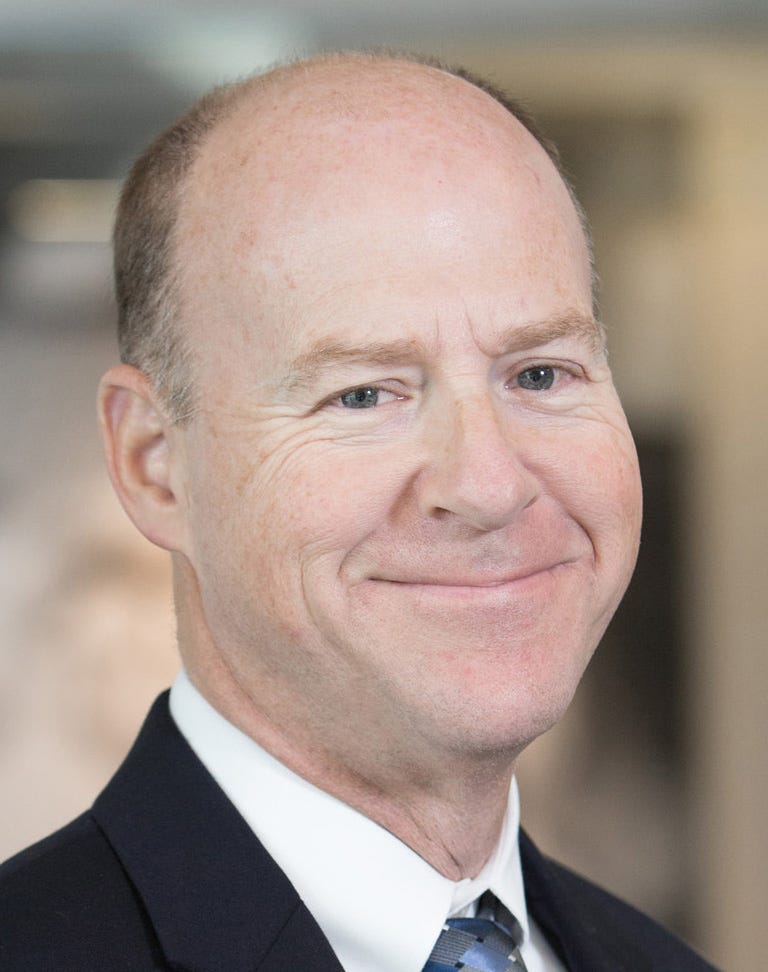
One thing it showed again, he said, is that even with support, losing weight is incredibly hard.
“For 30 years our field’s been doing behavioral counseling for weight loss. It’s total nonsense,” he said. Biology and a lack of resources makes it nearly impossible for someone carrying dozens of extra pounds to make themselves thin. “It’d be an inhuman amount of self-control to achieve (weight loss) and sustain it. Why we’ve kept on with this line of work just baffles me.”
Making a difference at a national level requires many more programs like Healthy Me, he said, and dramatic changes from government and industry.
It’s not just obesity or poverty or racism that’s fueling the poor health of Americans, Clark said.
“It’s not one factor,” he said. “It’s the inequality itself.”
Cultural context matters
Stress contributes to obesity at a biological level by causing the body to hold on to nutrients as well as by “provoking behaviors that are obesogenic,” such as overeating, said NiCole Keith, a physical activity researcher and Clark’s collaborator at Indiana University and the Regenstrief Institute.
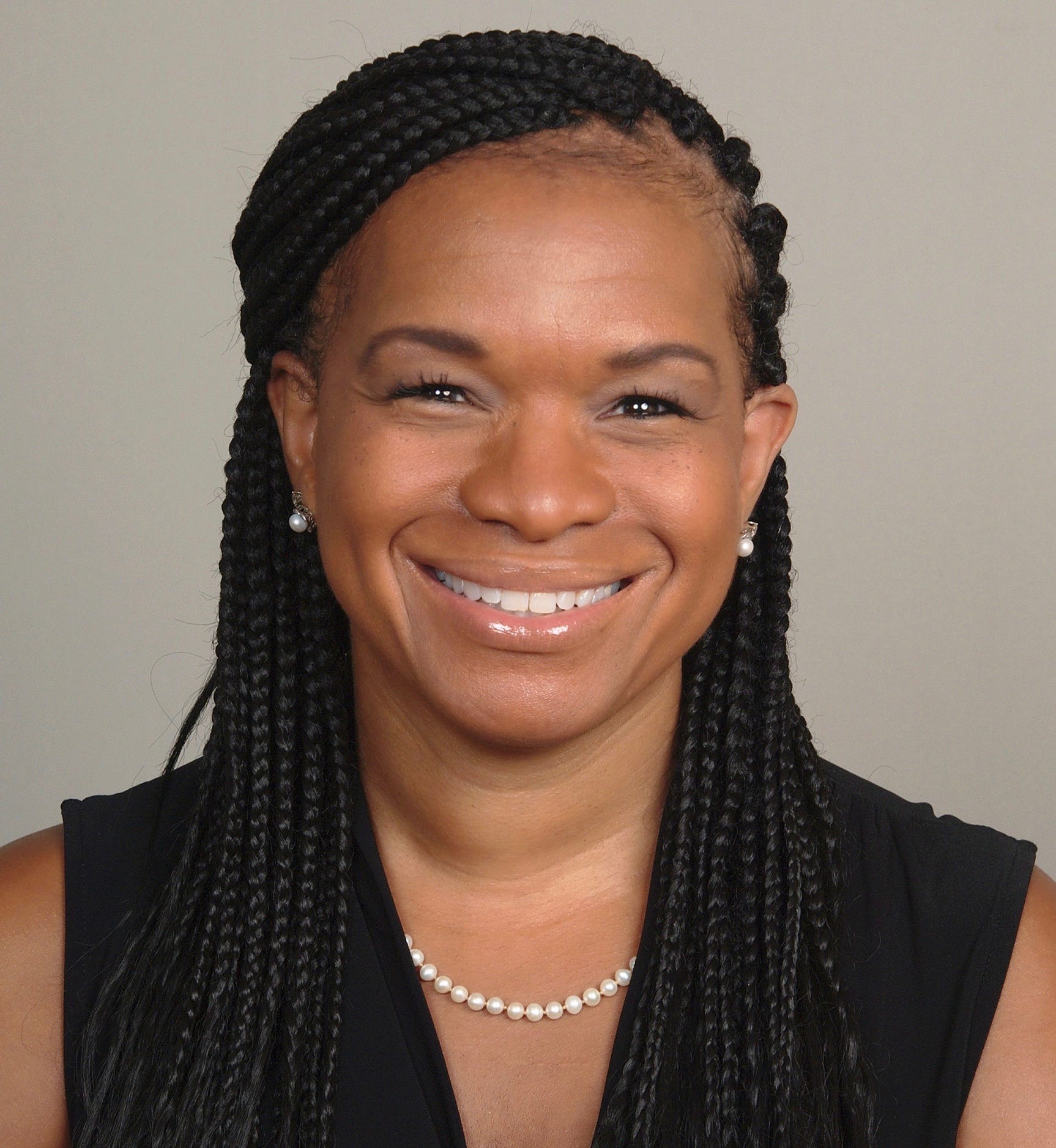
Poverty makes life more stressful. So does racism.
“Being a minority in America is stressful – full stop,” Keith said.
People without economic resources lack the discretionary income to spend on healthy food or workout clothes. They don’t have the time to exercise or live in neighborhoods where it’s safe to go for a walk. They don’t have backyards where they can grow fresh fruits or vegetables.
“Even if you have access to healthy food or you have a community garden in your neighborhood,” Keith said, “if you’re not used to tasting this other kind of food, or you’re not used to the discomfort of sweating … you’re not going to do it.”
There also are cultural factors that might stand in the way of living a healthier lifestyle, she said.
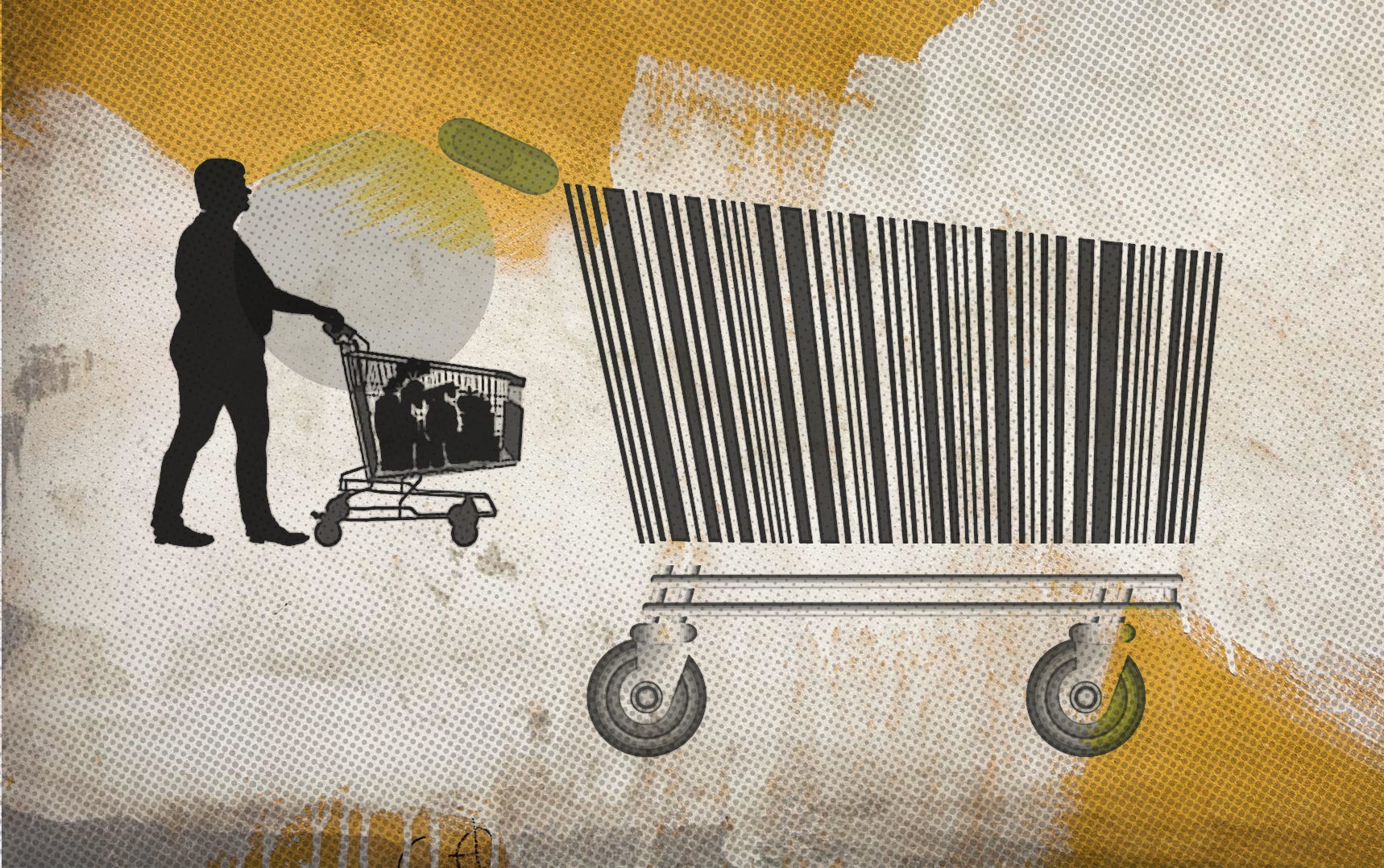
Obesity is “steeped in generations,” Keith said. Some people expect they’ll gain weight because all their relatives and friends have, or they cook the way they do because that’s the way their family always has.
It can be seen as rude to turn down food someone offers, she noted. And “if you tell somebody ‘I’m on a diet,’ they say, ‘Oh, you look beautiful,’ or ‘You’re perfect – why do you want to change?’ Or for people of color, ‘Why are you succumbing to European standards of what’s beautiful?'” Some cultures view excess weight and lack of exercise as an indication of wealth and social status.
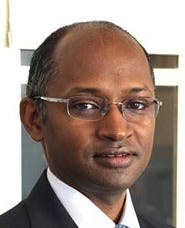
Mulugeta said he treats many immigrant patients who have different views of healthy weight and diet than American health care providers. Doctors, he said, must respectthese patients’ backgrounds and perceptions to care for them effectively.
“We have to come with an understanding of the cultural context and meeting patients where they are,” Mulugeta said, “and discussing the reasons why we as medical professionals are concerned with excess weight.”
Research suggests food advertising has a bigger effect on Black kids than their white counterparts.
On TV alone, Nielson data from 2019 found Black youths see 75% more fast food ads than their white counterparts, nearly 1,000 a year. And that doesn’t include social media, which tends to attract more Black and Hispanic young people, said Shiriki Kumanyika, a research professor at the Dornsife School of Public Health at Drexel University, who is leading a new national campaign called Operation Good Food and Beverages that addresses such advertising.
Black young people may be particularly responsive to seeing themselves in a positive light in food ads. Advertising, she said, “normalizes unhealthy eating in ways that can become part of your identity – what people like you are supposed to be eating.”
Instead, her group, supported by a youth advisory panel basedin Baltimore, sees healthy eating as a way to stand up for racial identity, challenge the existing food environment and tie into a positive message of social justice, she said.
“Of course, this is good for all communities,” not just Black communities, Kumanyika said. “But because we have more of the problem and less of the solution, we decided we’d better take the lead on this.”
Finding solutions
Ultimately, every effort to combat obesity will fail if healthy foods aren’t made less expensive, said Marlene Schwartz, director of the Rudd Center for Food Policy & Health at the University of Connecticut.
“If people can’t afford to eat the healthy food,” she said, “none of the rest of it really matters.”
Economic support could prevent food insecurity and allow people like Nathaniel Brown to afford healthy food such as fruits and vegetables, Drewnowski said.
“The way not to go in my opinion is local, organic, minimally processed salads that you prepare at home after you’ve come back from two jobs.” That’s just not realistic, he said. Nor is everyone growing vegetables in their backyard. Not everyone has a backyard.
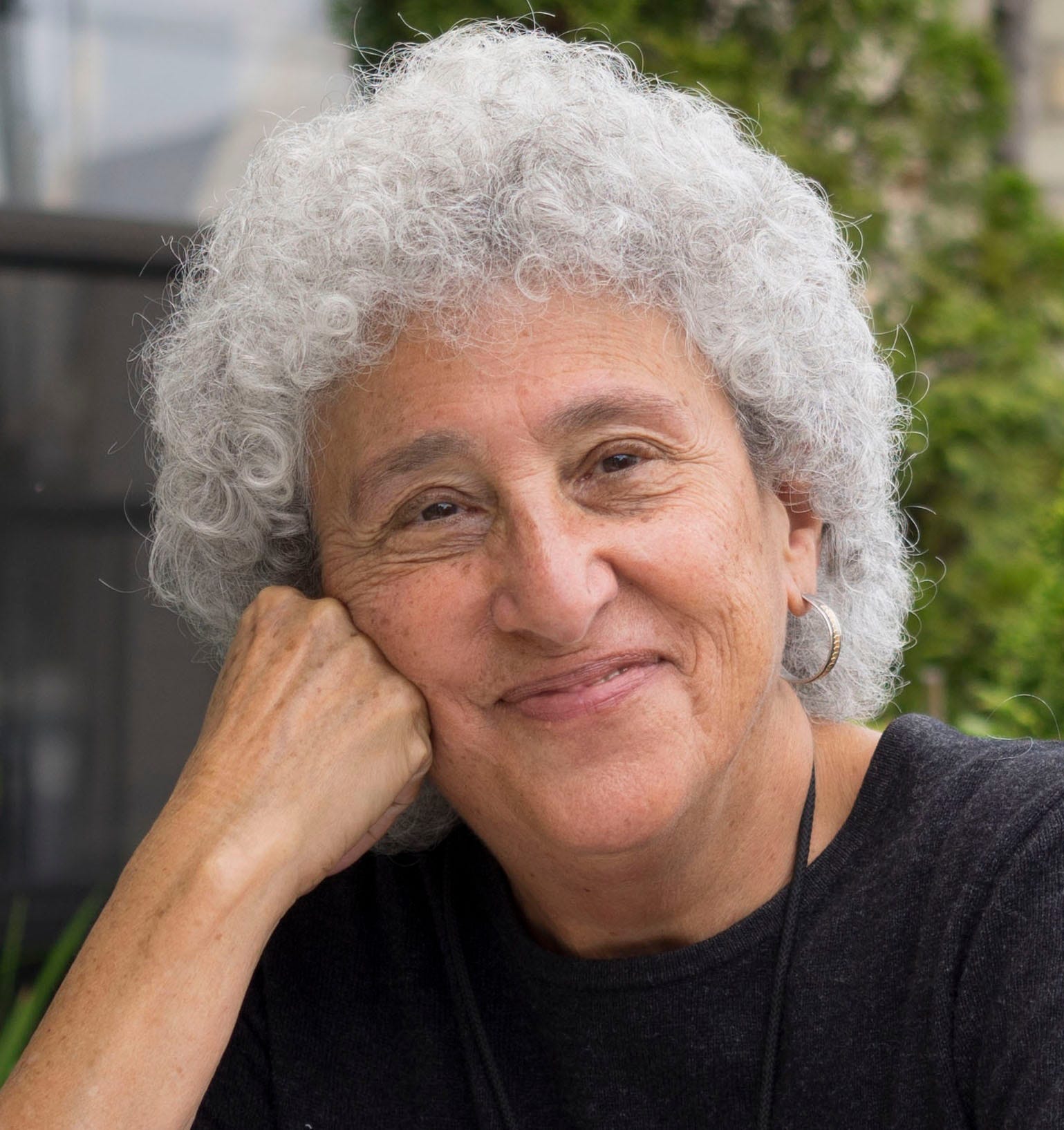
The U.S. government simply needs to do more to help combat obesity, said nutrition and public policy expert Nestle.
“They should be frantic about obesity,” she said. “They should be up in the middle of the night worrying about what’s going to happen as it becomes normalized in society and more and more people put on more and more and more weight.”
Discouraging people from eating “junk” food by raising taxes and limiting marketing can be helpful, she and several other experts said.

Expanding nutrition labels also makes it easier for people to identify unhealthy food. At the end of June, Canada announced that as of Jan. 1, 2026, food high in saturated fat, sugars and sodium must carry a label on the front of the packaging.
In Chile, similar front-of-package labeling led people to purchase 24% fewer sugary drinks over 18 months, and more than one-third of Chileans said the labels encouraged them to change their eating habits.
No one thing that we consume uniquely causes weight gain. It’s the totality of what we consume.
But the COVID-19 pandemic provided a stark reminder that people are resistant to public health interventions, said Ted Kyle, founder of ConscienHealth and former chair of the Obesity Action Coalition, a 75,000-member nonprofit that works to empower people living with obesity.
Public health measures don’t always work, either. “For the past four decades, we have implemented a lot of public health policies based on what we presumed would work, and it has turned out it doesn’t,” he said.
There was the low-fat craze and then the push to eliminate added sugar from the diet. Sugar consumption has declined dramatically since 2000, yet the prevalence of obesity has continued to climb.
“No one thing that we consume uniquely causes weight gain. It’s the totality of what we consume,” Kyle said.
For his part, Clark said every hospital in the country could be offering personalized programs such as Healthy Me to help people like Brown learn and practice healthier habits.
The obesity epidemic, he said, “isn’t going to be solved at the individual level.”
Contact Karen Weintraub at kweintraub@usatoday.com.
Health and patient safety coverage at USA TODAY is made possible in part by a grant from the Masimo Foundation for Ethics, Innovation and Competition in Healthcare. The Masimo Foundation does not provide editorial input.


